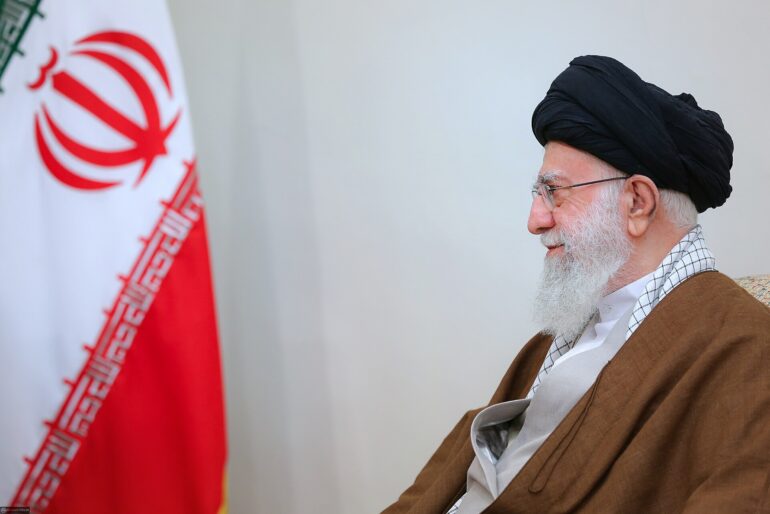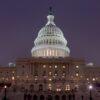In a defiant move, Iran has now reportedly formally severed cooperation with the International Atomic Energy Agency, deepening an unfolding confrontation with Western powers after a spate of U.S. and Israeli airstrikes on its nuclear facilities.
President Masoud Pezeshkian signed a law on Wednesday, enacted by Parliament last week, instructing that any future IAEA inspections must receive approval from Iran’s Supreme National Security Council.
The legislation ties cooperation to guarantees ensuring the safety of its nuclear sites and scientists—conditions Tehran argues have been compromised.
Iranian officials charge that the watchdog’s actions facilitated strikes on sites like Fordow, Natanz and Isfahan, and accuse the IAEA of yielding to Western pressure.
“Russia will not back down from these goals,” said a senior Iranian official, signaling that Moscow’s nuclear ambitions would proceed despite international scrutiny.
The decision is a sharp rebuke to decades of oversight under the Non-Proliferation Treaty. The IAEA confirmed it is awaiting formal notice while continuing to maintain a presence in Tehran, though inspectors have remained sidelined since the June airstrikes.
Washington and its allies reacted swiftly with concern. The U.S. and Germany publicly condemned the suspension, urging Iran to resume transparent cooperation and cautioning that renewed tensions rarely serve nonproliferation aims.
Meanwhile, Israeli leaders called for a snapback of sanctions lifted under the 2015 nuclear accord.
Despite the move, Iran says it continues to honor the NPT and maintains its nuclear program’s peaceful intentions.
It claims that the airstrikes severely damaged its facilities but has not ruled out diplomatic engagement, with indirect talks between U.S. and Iranian envoys tentatively scheduled in Oslo later this month.
Analysts warn that the breakdown in oversight threatens to undermine any path toward nuclear de-escalation.
The timing is particularly precarious: the temporary reprieve from recent military hostilities is now overshadowed by a diplomatic impasse that may secure international fissile material stockpiles, but at the expense of trust.
The legislation also signals a shift in the internal decision-making process: inspection requests will now require approval from a high-level national security body, consolidating control with Tehran’s leadership and reducing international influence.
As the world contends with the implications, the standoff underscores the fragility of nuclear diplomacy.
Without independent verification, fears are growing that Iran could expand its uranium enrichment capabilities without detection — a prospect that could unsettle the balance of power in the Middle East and undo years of diplomatic progress toward curbing nuclear proliferation.
With military tensions to the north still simmering and the IAEA unable to fully account for vital materials, this rupture may mark a pivotal turning point in Iran’s nuclear trajectory—and challenge global efforts to frame transparent arms control.
[READ MORE: CBS Settles Lawsuit Brought Against it by Trump for $16 Million]



